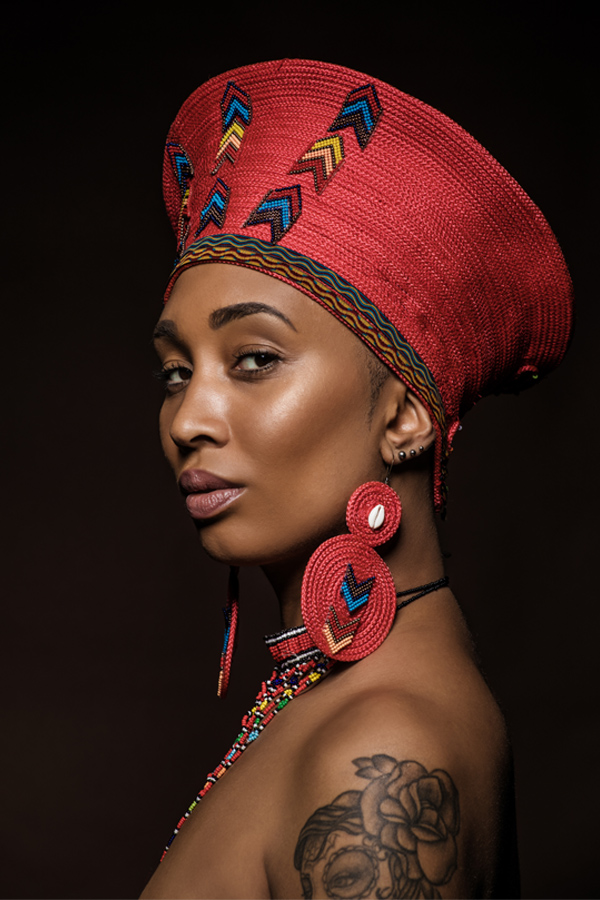
The Rivertown precinct of Durban is currently the focus of a major revival project which aims to transform the once-neglected area of the CBD into a vibrant, modern space for artists and entrepreneurs. The area gets its name from a nearby canal that runs parallel to the buildings and its most recognisable landmark is the historic Beer Hall, established in 1914.
In the first half of the 20th century, beer halls like the Rivertown hall were places where African men working as labourers could socialise and drink traditional sorghum beer, utshwala. These municipal buildings were the only places men could drink as, under the Native Beer Act of 1908, traditional home brewing was prohibited. Under the Act, only the town councils of Natal were allowed to produce and sell beer and so the municipality held a lucrative beer monopoly. Profits from the sale of beer were used to fund the provincial African Administration and pay all costs relating to the African labourers. The system was so successful that soon the rest of South Africa – and even Rhodesia – adopted it.
Women, who were banned from the beer halls, grew increasingly frustrated watching men spend their meagre incomes at these establishments. They strongly resisted the system as traditional brewing was an essential source of income for many families. In 1959, the situation reached a breaking point as financially desperate women in the Cato Manor region were threatened by ongoing police raids and forced removals. A group of women, including the Cato Manor "shebeen queens," attacked the Cato Manor beer hall, demanding a boycott of all beer halls. This soon spread to other parts of the city.
More than 1,000 women marched on Durban’s beer halls: they overturned tables, beat the men with sticks, and there are even stories of women urinating or dipping their underwear in the beer. The demonstrations continued for weeks across the city and the beer halls were forced to temporarily close their doors.
During 1959, an estimated 20,000 women in Natal protested and more than 1,000 were convicted in the courts. In a statement in the House of Assembly, the Minister for Justice reported that 25 buildings had been burnt down and 7 damaged, all associated with the beer hall riots. The Liquor Law Amendment Bill was finally passed in 1962, and Africans were allowed to buy alcohol wherever they wished.
The Rivertown beer hall is one of the last remaining halls from the era. The building is now being used as a restaurant and function venue… and its doors are open to everyone.